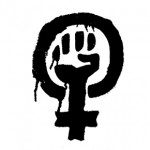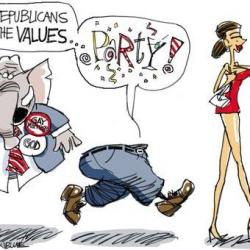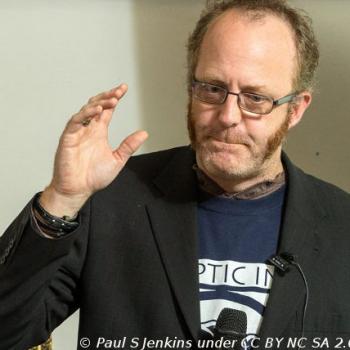Divine Command Theory, or DCT, is the most prominent ethical framework adopted by religious thinkers in modern times. The idea for them is that it gets them an objective grounding for morality.
DCT says that whatever God commands is necessarily good because God commands it, and this is based on God’s good nature. There are many problems with this. This is wrapped up with the classic Euthyphro Dilemma: Are morally good acts willed by God because they are morally good, or are they morally good because they are willed by God?
This can be summed up as follows:
(1) If divine command theory is true then either (i) morally good acts are willed by God because they are morally good, or (ii) morally good acts are morally good because they are willed by God.
(2) If (i) morally good acts are willed by God because they are morally good, then they are morally good independent of God’s will.
(3) It is not the case that morally good acts are morally good independent of God’s will.
Therefore:
(4) It is not the case that (i) morally good acts are willed by God because they are morally good.
(5) If (ii) morally good acts are morally good because they are willed by God, then there is no reason either to care about God’s moral goodness or to worship him.
(6) There are reasons both to care about God’s moral goodness and to worship him.
Therefore:
(7) It is not the case that (ii) morally good acts are morally good because they are willed by God.
Therefore:
(8) Divine command theory is false.
What I want to do here is set out a list of issues concerned with this and other aspects of Divine Command Theory. Here goes:














